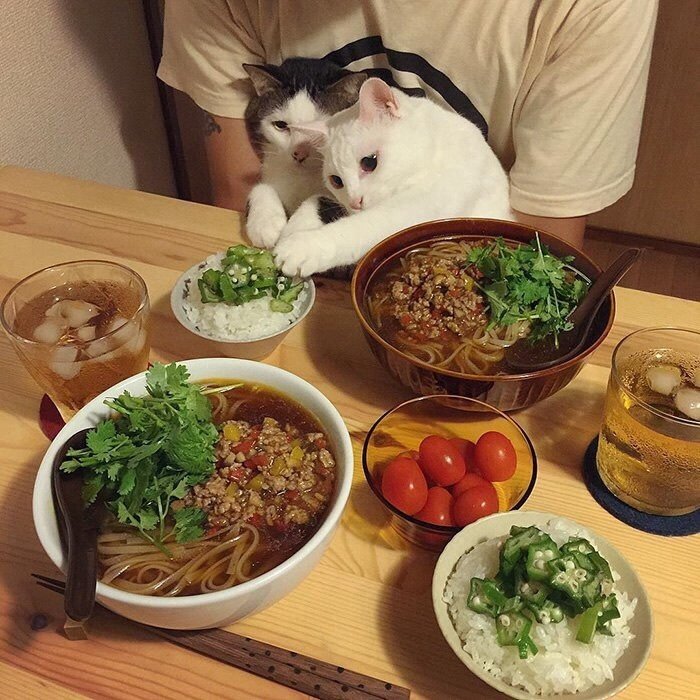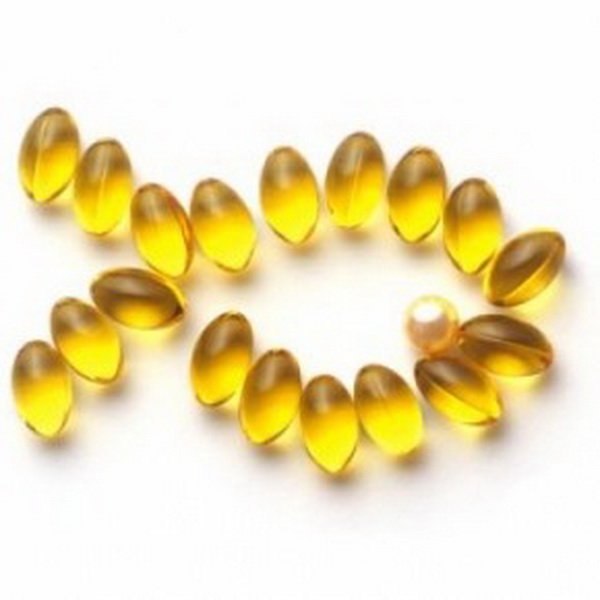You see pictures on social media of people prepping the same few foods for almost every single meal every day of the week. You're baffled. No, actually, you're mad. Why would someone eat the same meal over and over again? Are they on to some secret shredding trick you've never heard of?
As it turns out, they may be. There's a link between the foods you choose and your waistline, and it extends beyond calories. The taste of a food has a massive influence on the likelihood you'll eat more than you should.
As you may have experienced yourself, frequent exposure to tasty foods can result in overindulging; try a new cookie, and before you know it, you've eaten the entire bag. Sticking to a few foods, on the other hand, can work to your advantage, especially in the last few weeks of a diet, when your cravings and hunger are at an all-time high.
To maximize your dieting efforts and ensure you finish strong, consider choosing the same few foods day after day to reduce the likelihood of cravings.
Food Palatability
A food's palatability has to do with its ability to evoke a sense of pleasure and enjoyment when you eat it. It's no secret that the better a food tastes, the more you crave it. Heck, when the urge hits you to have a slice of your favorite cheesecake, you might think nothing of driving all the way across town to get it. For you, that is one highly palatable food.
If you feel the strong pull of certain foods, you're not alone. Rats, for instance, have been known to push through electric shock and extreme cold to get access to highly palatable food pellets. This is true even if they've just eaten or have their standard pellets right in front of them.
Okay, rats might not be the best role models when it comes to eating habits, but still...
The Dessert Effect
But even when you drive across town, you'll still only have one slice, right? Well, have you ever noticed that even after a massive dinner, you're able to still "make room" for that scoop or three of ice cream? This next challenge to good eating is referred to as the "Dessert Effect." The "Dessert Effect" describes the willingness to ignore satiety cues when presented with highly palatable food.
The better you perceive the taste of a food, the more you enjoy your experience during and after eating it, and the more likely you are to eat it (and lots of it), regardless of how recent your last meal was.
That's exactly why having access to highly palatable foods during those last few weeks of dieting is not a great idea.
Delicious Food Is Dope
It all comes down to brain chemistry. Dopamine is a chemical released in the brain that's associated with feelings of reward and pleasure. It plays such a powerful role in food-reinforcing behaviors and food reward that eating some foods may give you the same kind of high addicts experience after taking drugs.
When you eat your favorite food, your brain is flushed with dopamine, which sends you into a brief state of euphoria, further enticing your taste buds and brain. This burst of dopamine is what keeps you coming back for more. It's also what's behind that feeling of loss of control when you stare at that empty bag of cookies after having meant to eat only one or two.
Bland Food For The Win
The fact is that if you remove highly palatable food from your diet, you're likely to experience fewer cravings and less desire to overindulge. A study published in Appetite found that subjects exposed to a highly preferred entrée ate more than those exposed to a bland entrée. And they still felt hungrier two hours later.
Another study, this one published in Physiology and Behavior, paid more than 500 subjects to complete a detailed daily food record for one week. As part of the record, subjects rated the palatability of food items. Researchers observed that the portion sizes of the foods the subjects liked most were 44 percent larger, on average, than those foods they liked least.
Bottom line: If you want to lose weight, don't include your favorite foods in your meals.
Taking Action
Diets that put you in survival mode are not easy to follow. And the longer you try to stick with them, the harder they get. As the days and weeks pass by, the more your hunger hormones and cravings gnaw at you, which increases the likelihood that you'll break the diet and overindulge.
You'll be able to hang in there through the final few weeks of a diet by reducing the palatability of the foods you choose.
Here are a few tips to help you along:
- Choose bland foods: Raw vegetables, unflavored oats, egg whites, and plain Greek yogurt provide a lot in terms of health benefits, even if they lack a distinctive taste.
- Eat the same few foods: You eat less of what you eat often, so consider making a stable meal like chicken, broccoli, and brown rice a regular (even more than once a day) part of your diet during the final few weeks.
- Season less: Stick with salt (it's essential) and nothing else. Don't tantalize your taste buds with endless marinades and homemade spice combinations. Keep it boring.
- Eat at home: Restaurant cooks spend countless hours improving the palatability of the food they serve. This is the last thing you need when you're trying to reach the end of your diet. Skip the dining out at least for the last few weeks. Your abs and wallet will thank you.
By avoiding foods that you really love, especially during those last few weeks, you give yourself a much better chance of finishing your diet in good form. Sure, you may still feel hungry. You are dieting, after all. But you'll be much more likely to reach your goal.
Source: http://www.bodybuilding.com/





